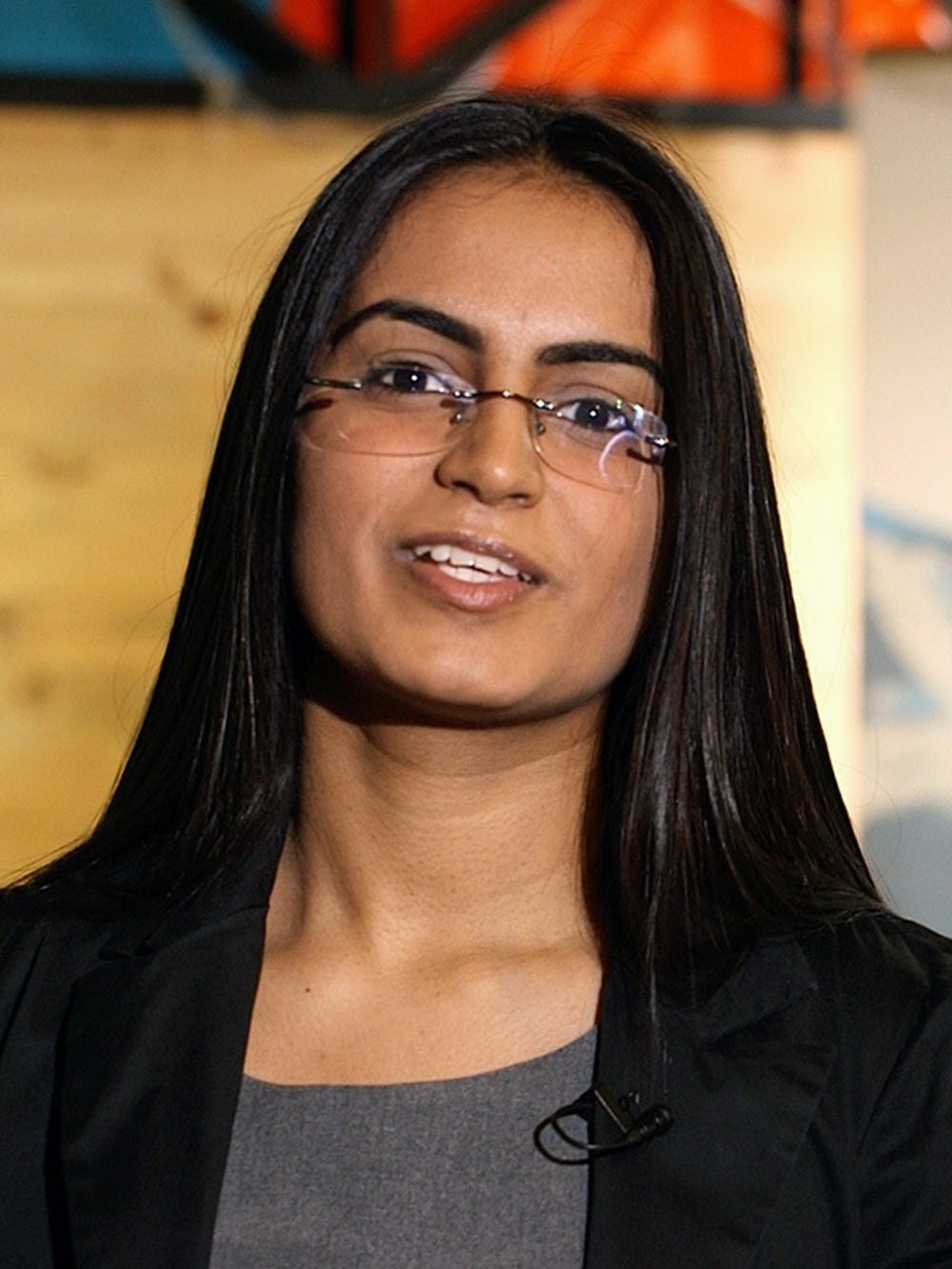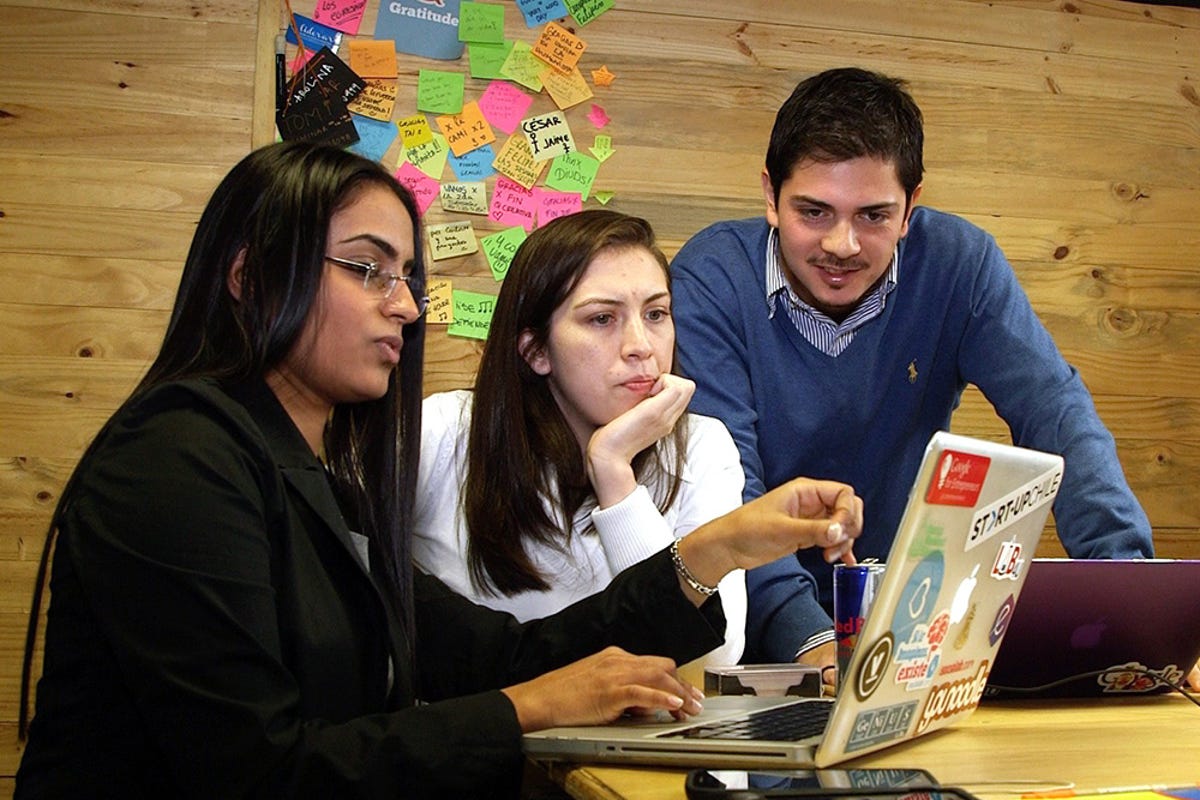Fellow Portrait
Komal Dadlani
Lab4U

Develops web and mobile technologies to turn smartphones and tablets into science instruments.
Latin America and the Caribbean
CHILE
FELLOW
2015
Updated March 2015
While studying biochemistry at the University of Chile, Komal Dadlani became aware that there was a lack of scientific instruments in laboratories. In 2013, at 24, Komal co-founded Lab4U with a team of 3 biochemists and software engineers to tackle this issue. Two years on, the company now has 8 employees including teachers, designers and physicists.
Lack of school infrastructure
Schools and universities in Latin America face a severe lack of scientific equipment due to high costs. According to the Inter-American Development Bank, 88% of primary schools in Latin America do not have science labs. “To actually learn science, you need to live the experience of scientific experimentation but that is very expensive. Can you learn how to ride a bicycle reading a book? It is very difficult, just like in science”, says Komal.
Lab4U is changing the way science is taught. In that way we are empowering students and teachers to experiment with a lab in their pockets.

A lab in everyone’s pocket
Lab4U develops applications in which the built-in sensors in smartphones and tablets could be used as scientific tools. These applications can allow smartphones’ GPS traditionally used for navigation and games, to be used for experiments. For instance, with the accelerometer embedded in a phone one can analyze pendulum movement of free fall. “Lab4U is changing the way science is taught. In that way we are empowering students and teachers to experiment with a lab in their pockets.”

40 to 50%
The percentage of students who improved their grades after using Lab4U among the 6 Chilean universities and schools where the product was implemented during the last 2 years. “In all the pilots we have done students improved their grades by more than 40 to 50% after using our products.”
School is still based on a traditional science education where a teacher will start giving formulas, standing in front of a white board. We want to promote creativity in students who are natively digital.
Promoting scientific development in Latin America
By compensating for the deficit in academic labs, Komal intends to democratize science in order to enhance the number of researchers and developers in Latin America. In 2010, there were 317 researchers in R&D per million inhabitants in Chile whereas there were 5,151 in Japan. “At Lab4U, we believe we don’t only need people with good intentions to solve problems like global warming or breast cancer. We truly need people with a real understanding of science. We can achieve this goal by democratizing science.”


